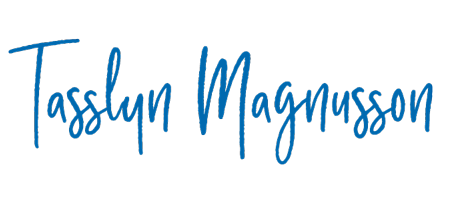“Nonviolent direct action seeks to create such a crisis and foster such a tension that a community which has constantly refused to negotiate is forced to confront the issue.”
*—Martin Luther King Jr, “Letter from a Birmingham Jail” 14 April 1963
 I want us to really think about what Dr. King is saying here. I’m not sure we understand what nonviolent direct action means anymore (Did we ever? Debatable). I’ve been reading and thinking and talking since the Uprisings began in Minneapolis and spread across the globe. My friends and family support ending police violence. They support movements for justice and equality. They want and try to act anti-racist.
I want us to really think about what Dr. King is saying here. I’m not sure we understand what nonviolent direct action means anymore (Did we ever? Debatable). I’ve been reading and thinking and talking since the Uprisings began in Minneapolis and spread across the globe. My friends and family support ending police violence. They support movements for justice and equality. They want and try to act anti-racist.
But. And there’s always a but. When it comes to disobedience – the breaking of the social contract as comedian Trevor Noah called it – me and people I know move too quickly question not why people protest but how they are protesting.
When we hit the moment where statues are toppled, why are we suddenly wary? Is it the history we hope to save or are we feeling the tension exposed by the disobedience? What is the difference between Iraqi people pulling a statue of Saddam Hussein down and Native Activists pulling down a statue of Christopher Columbus on the Capital Mall in Saint Paul, Minnesota?
Real people, right in front of us, neighbors and friends and colleagues and loved ones are trying to “arouse the conscience of the community over its injustice” to borrow a phrase from Dr. King.
Our response to these cries?
- I’m just trying to listen, but when you break laws, I’ve got to draw a line.
- I’m totally on your side, but don’t you think it’s not reasonable to burn things?
- It so much easier to protest when we don’t have to worry about being arrested or things getting out of hand.
- Not all police, not all white people, not all women, look at me, I’m here.
Friends, you’re not going to like what I have to say. But I’ve said these things too. You’re not alone. We can change right now, together.
What are we doing? We are closing our eyes and choosing not to see the injustice that people are risking everything to show us. We are closing our hearts to our own consciences that say this is wrong. To the idea that we too must rise up and demand, as Dr. King named it, a positive peace, “in which all men will respect the dignity and worth of human personality.”
Are we, as Dr. King suggested, going to be “more devoted to ‘order’ that to justice?” Do I believe that I “can set the timetable for another man’s freedom?”
I do not want to be part of the “appalling silence of good people.” I want to change. With you. Join me.
